Ubuntu vs. Windows 7 on the business desktop
Microsoft Windows may be the de facto standard desktop operating system in business environments, but high costs, restrictive licences and constant security issues are leading an increasing number of companies to consider open source alternatives — as Kat Orphanides explains.

Thunderbird client handles POP and IMAP email extremely well, but its search function is sluggish and presents results in a rather unfriendly mass that can't easily be selected and moved or deleted. It also requires further manual configuration to support calendaring (via the Lightning plug-in) or Microsoft Exchange.
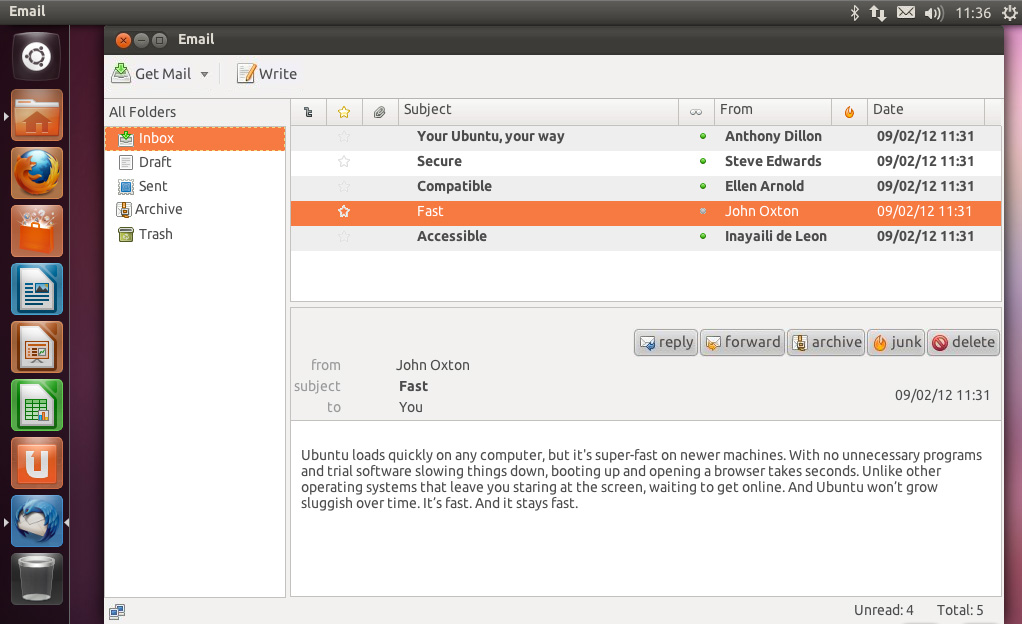
Exchange support comes via the Davmal exchange gateway that connects to Exchange Email, Calendar and Dictionary services, plus the manual installation of Oracle's latest Java Development Kit. The set-up process isn't too involved though, and there are a number of helpful guides to help.
Running Windows Software
Linux may be a mature operating system with a fully comprehensive selection of software for just about any purpose, but there will inevitably be times when only something that only runs under Windows will do.
Oracle's VirtualBox is a very good open source VM application that should handle most needs, but it does still require the appropriate Windows licence. There will inevitably be times when only software that only runs under Windows will do.Wine, on the other hand, is a self-contained open source Windows emulator that doesn't require a guest operating system to be installed and while its support for 64-bit client applications is currently very limited, it can still run on 64-bit Linux platforms and 32-bit versions of most Windows software are still widely available.
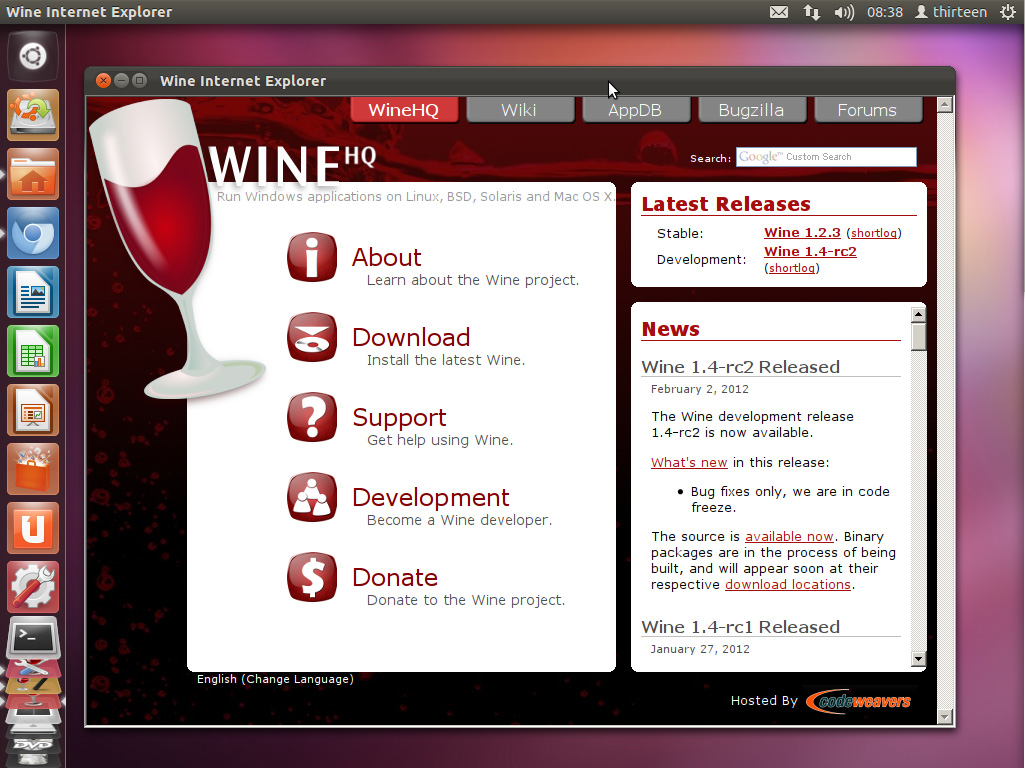
Wine is most popular as a way to run Windows games under Linux (which says something about its performance, if nothing else), but a wide range of business-orientated applications have been confirmed as fully compatible with Wine. These include Adobe Photoshop CS3, Cisco IP Communicator and numerous specialist programs used by the accountancy and legal professions.
The Future
Ubuntu's version numbers indicate the date of release rather than an incremental numbering system so 11.10 was released in October 2011 but the animal-based code names have so far been ordered alphabetically (Oneiric Ocelot follows Natty Narwhal).
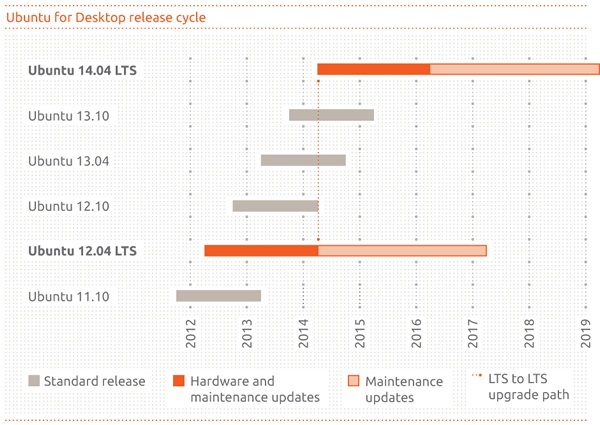
Releases are generally made twice a year and have so far been split into two types normal and long-term support (LTS). Normal releases like 11.10 are supported for 18 months with updates, while LTS desktop releases last for three years, but Ubuntu is switching for a standard five-year support cycle with version 12.04 (assuming an April 2012 release date).
Get the ITPro daily newsletter
Sign up today and you will receive a free copy of our Future Focus 2025 report - the leading guidance on AI, cybersecurity and other IT challenges as per 700+ senior executives
Ubuntu 12.04 Precise Pangolin' refines many of the best features found in v11.10, but is intended to bring greater integration with the Ubuntu One cloud service. So far, v12.04 looks likely to still resemble 11.10, but with all the benefits and business stability that an LTS release will bring.
K.G. is a journalist, technical writer, developer and software preservationist. Alongside the accumulated experience of over 20 years spent working with Linux and other free/libre/open source software, their areas of special interest include IT security, anti-malware and antivirus, VPNs, identity and password management, SaaS infrastructure and its alternatives.
You can get in touch with K.G. via email at reviews@kgorphanides.com.
-
 Asus ZenScreen Fold OLED MQ17QH review
Asus ZenScreen Fold OLED MQ17QH reviewReviews A stunning foldable 17.3in OLED display – but it's too expensive to be anything more than a thrilling tech demo
By Sasha Muller
-
 How the UK MoJ achieved secure networks for prisons and offices with Palo Alto Networks
How the UK MoJ achieved secure networks for prisons and offices with Palo Alto NetworksCase study Adopting zero trust is a necessity when your own users are trying to launch cyber attacks
By Rory Bathgate
-
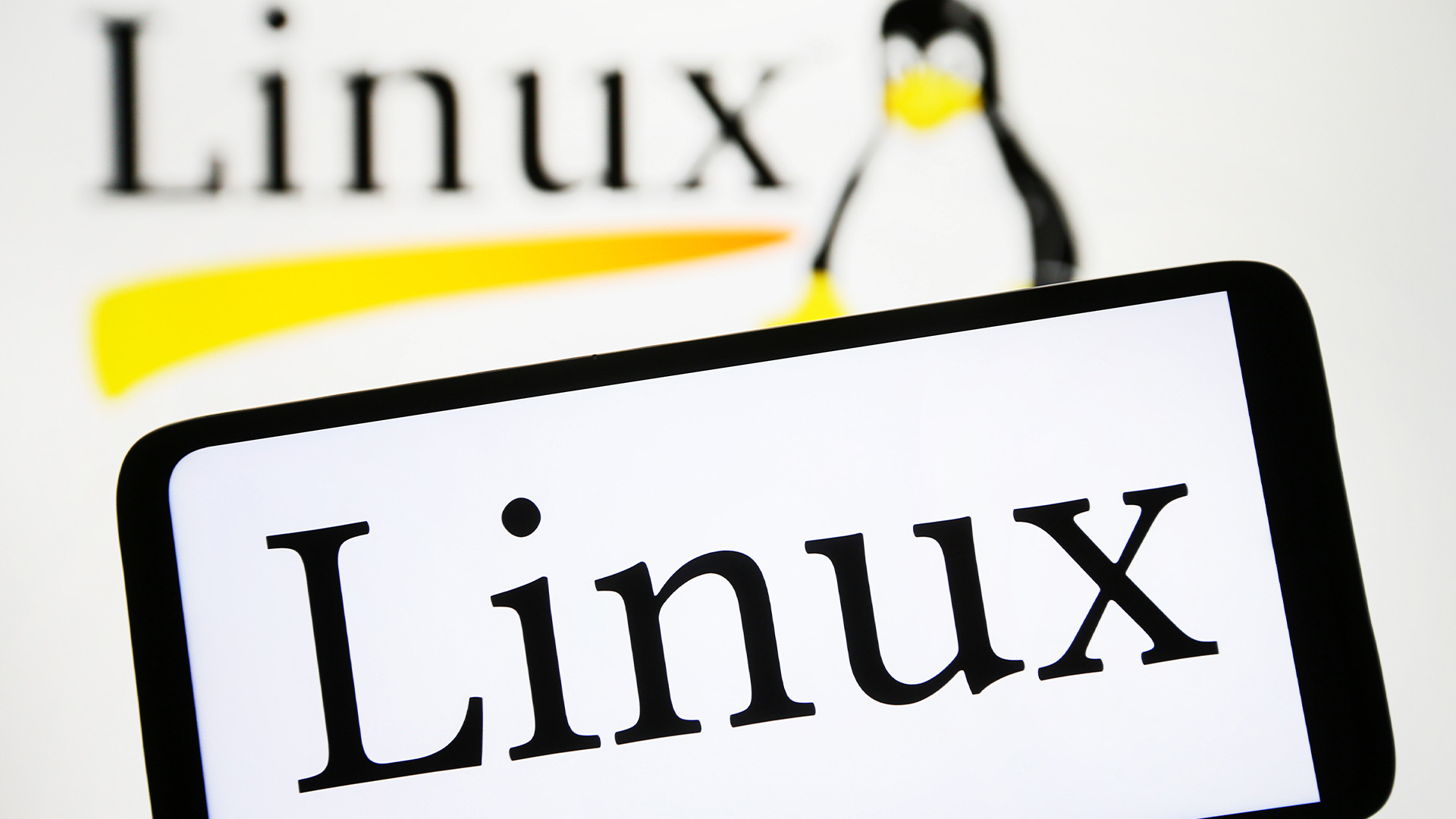 Linux just hit an all-time high share of the global desktop market — and surging popularity in India is driving uptake of the open source operating system
Linux just hit an all-time high share of the global desktop market — and surging popularity in India is driving uptake of the open source operating systemNews Linux is still dwarfed by operating systems such as Windows, but it’s making modest gains off the back of growing popularity in emerging markets
By Steve Ranger
-
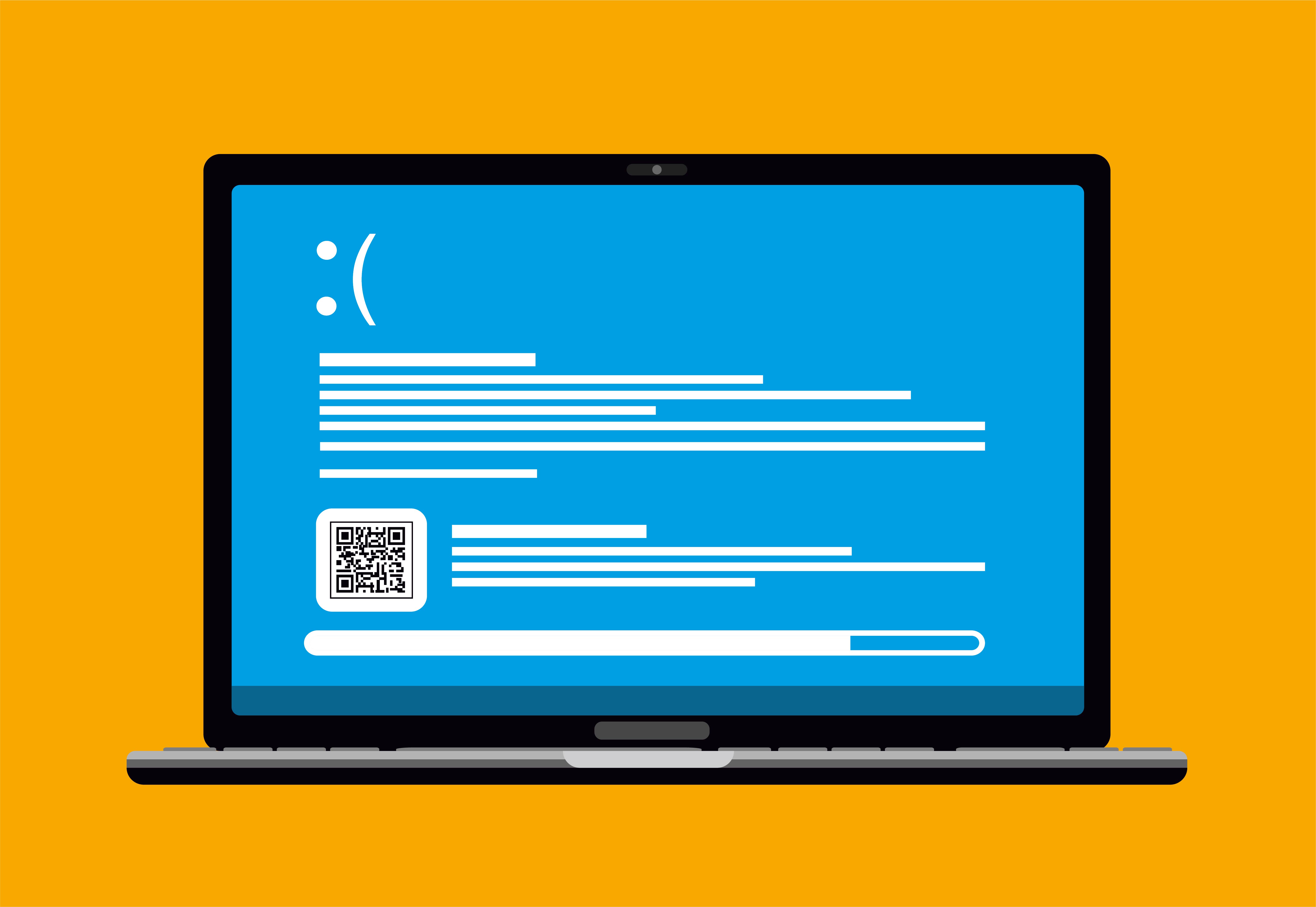 Linux Blue Screen of Death gives users a taste of the dreaded Windows feature
Linux Blue Screen of Death gives users a taste of the dreaded Windows featureNews The Linux Blue Screen of Death has been added in a recent update
By Ross Kelly
-
 Tiny11 review: Windows 11 with only 2GB of RAM
Tiny11 review: Windows 11 with only 2GB of RAMReview A version of Windows 11 for older machines that don't meet the full requirements
By Nik Rawlinson
-
 Red Hat Enterprise Linux becomes foundational operating system for Cohesity Data Cloud
Red Hat Enterprise Linux becomes foundational operating system for Cohesity Data CloudNews New strategic partnership between Red Hat and Cohesity aims to drive innovation in the data security and management space
By Daniel Todd
-
 Ubuntu shifts to four-week update cycle
Ubuntu shifts to four-week update cycleNews Critical fixes will also come every two weeks, mitigating the issues involved with releasing prompt patches on the old three-week cadence
By Richard Speed
-
 AlmaLinux follows Oracle in ditching RHEL compatibility
AlmaLinux follows Oracle in ditching RHEL compatibilityNews Application binary compatibility is now the aim with 1:1 now dropped
By Richard Speed
-
 How big is the Windows 10 cliff-edge?
How big is the Windows 10 cliff-edge?ITPro Network With some comparing the upcoming Windows 10 end of life to Windows XP, we ask members of the ITPro Network for their insight
By Jane McCallion
-
 Everything you need to know about the latest Windows 11 updates - from bug fixes to brand-new features
Everything you need to know about the latest Windows 11 updates - from bug fixes to brand-new featuresNews Two new cumulative updates are on the way and will be installed automatically on Windows 10 and Windows 11 machines
By Rory Bathgate